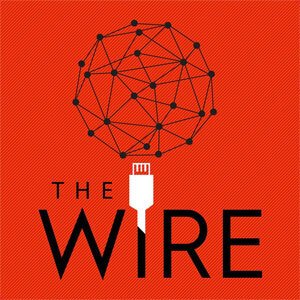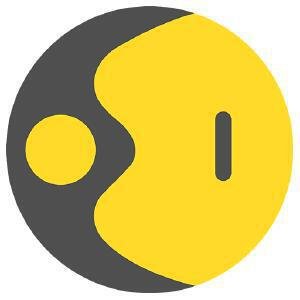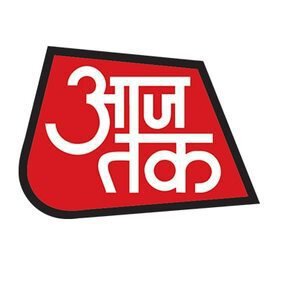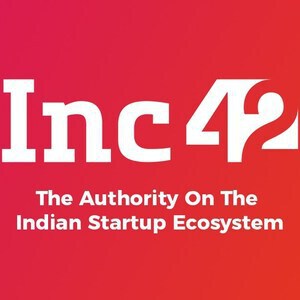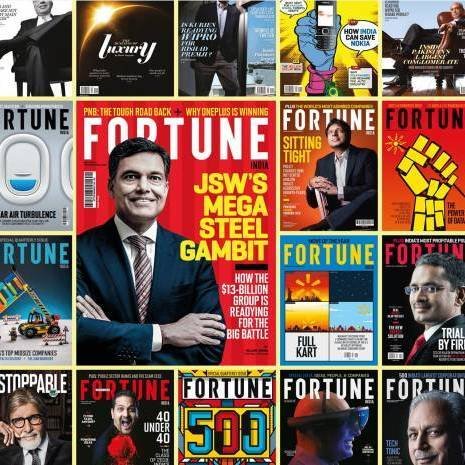- Elon Musk’s X sued India’s Ministry of Information Technology, alleging unlawful expansion of censorship authority through a parallel content takedown system. The lawsuit claimed this system bypasses constitutional protections for free speech.
- X filed the lawsuit in Karnataka High Court, escalating a dispute with Prime Minister Narendra Modi’s administration over digital regulations.
- The case may impact Musk’s business interests in India, including Tesla and Starlink, and strain U.S.-India relations amid ongoing trade negotiations.
Full Story
Elon Musk’s social media company, X, filed a lawsuit against India’s Ministry of Information Technology, alleging that it unlawfully expanded its censorship authority.
The platform claimed the government created a parallel system for content takedowns. The system allows government agencies, state authorities and local police to issue takedown orders en masse without traditional legal oversight.
X argued the system violates India’s constitution and the Information Technology Act by bypassing protections for lawful expression.
The company filed the lawsuit in Karnataka High Court on Wednesday, March 5. It escalates a long-standing dispute with Prime Minister Narendra Modi’s administration.
What does X allege in the court filing?
X contended that the Indian government developed a new portal encouraging various agencies to issue content removal orders outside the usual legal framework. The Ministry of Home Affairs launched the system in 2024.
The platform said the Ministry of Information Technology has pressured social media companies to join the portal and comply with these orders.
The company described the portal as an “impermissible parallel mechanism” that undermines free speech by making censorship easier and more widespread.
The lawsuit stated the system facilitates “unrestrained censorship of information in India” and seeks to quash the directive.
What is the broader legal and political context?
The lawsuit follows years of tension between the Indian government and American tech companies over content regulation.
In 2021, under prior ownership, Twitter clashed with Indian authorities over takedown requests related to a farmers’ protest. Although the company complied after public pressure, it continued to challenge the orders in court.
The new case marks a U.S. tech company’s first aggressive legal response to India’s expanding digital regulations since Musk acquired the platform and rebranded it as X.
Analysts said the challenge could carry geopolitical weight, especially as Musk seeks to expand his business interests in India.
How does this affect Musk’s business interests in India?
The lawsuit’s timing coincides with Musk’s efforts to bring Tesla and Starlink into India’s heavily regulated market.
Tesla recently signed deals to open showrooms, and two major Indian telecom companies agreed to partner with Starlink. The moves followed Musk’s February meeting with Modi in Washington. Indian officials described it as warm and cooperative.
Still, India’s business community has expressed skepticism. At a recent summit, steel magnate Sajjan Jindal dismissed Musk’s chances of long-term success in the country.
Meanwhile, civil society groups and legal experts said Musk’s legal push signals growing concern among U.S. tech firms about India’s increasingly assertive approach to digital governance.
How might this impact US-India relations?
The lawsuit complicates ongoing trade and diplomatic negotiations between New Delhi and Washington.
The Trump administration has pressed India to make trade concessions and expand defense purchases.
At the same time, controversial images of Indian migrants aboard a U.S. military deportation flight have stirred backlash in India.
Observers said the lawsuit may be part of a broader U.S. strategy to pressure Modi’s government through high-profile figures like Musk.
While India seeks to preserve strong ties with the U.S., officials may need to weigh the political cost of continued digital restrictions against their economic ambitions.
What happens next in court?
The Karnataka High Court briefly heard the case earlier this month. The court scheduled the next hearing for Thursday, March 27.
India’s Ministry of Information Technology declined to comment. It referred inquiries to the Ministry of Home Affairs, which has not responded publicly.








